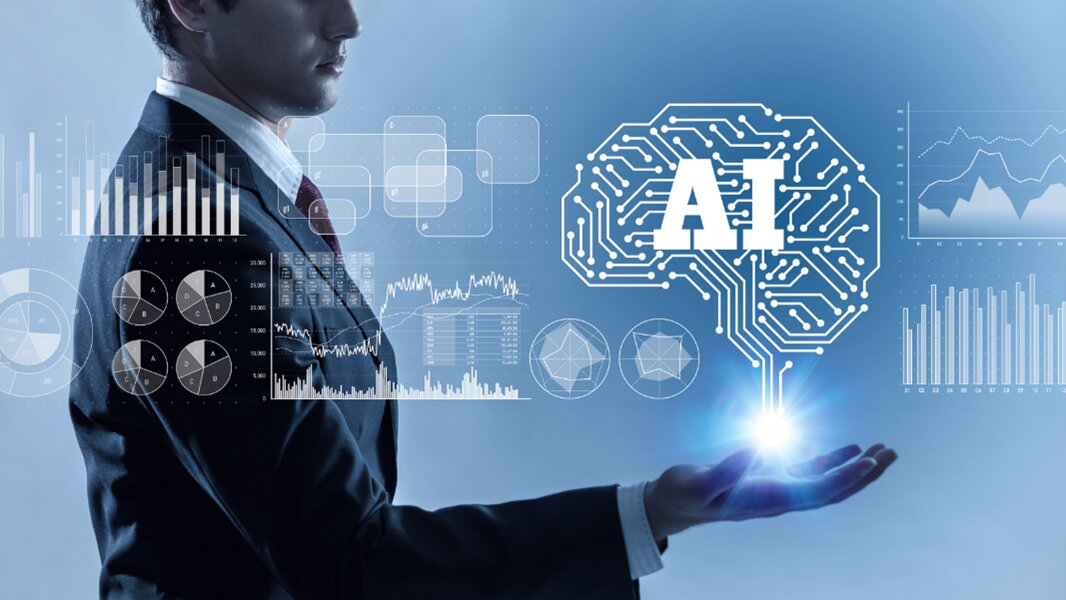
We frequently hear about the benefits of artificial intelligence (AI) security, such as how it can predict what clients need based on data and give customized results. While discussing the darker side of AI, data privacy is frequently brought up.
Even though AI is still in its initial stages in terms of practical applications, companies have started employing it in recent years to adapt their operations in order to be prepared for opportunities and challenges in advance. Cybercriminals, on the other hand, are now exploiting this technology to improve the efficacy of their cyberattacks and thefts. They accomplish this by leveraging the intelligent automation provided by AI systems to improve traditional cyberattacks by increasing their speed, scope, and complexity. As a result, the disruption of AI-enabled hacks increases threefold. AI may help a range of attacker techniques and provide new ways to achieve the attackers' goals.
Let's look a little bit deeper into AI and its connection with cybersecurity and will AI indeed pose a serious cybersecurity threat in the upcoming years.
THE EMERGENCE OF OFFENSIVE AI:
AI threats are causing cybersecurity professionals to become increasingly concerned, both today and in the near future. According to Forrester Consulting's research, The Emergence of Offensive AI, 88% of security industry decision-makers agree that offensive AI is on the way. Half of those polled anticipate an increase in assaults. Furthermore, two-thirds of those surveyed expect AI to spearhead future assaults.
The core principle of AI security is what makes the movement so dangerous: leveraging data to grow wiser and more precise. Because the assaults get more robust with each success or failure, they are more difficult to foresee and prevent. As threats exceed defenders' experience and capabilities, attacks become considerably more challenging to manage. Due to the nature of AI security, we must respond fast to the escalating AI assaults before we are too far behind to catch up.
Improved speed and dependability bring several benefits to organizations, such as the capacity to analyze enormous volumes of data in near real time. Cybercriminals are now profiting from this speed as well, particularly with expanded 5G penetration. Cyberattacks may now learn from their mistakes considerably faster, and they can utilize swarm attacks to obtain access swiftly. Because of the quicker speeds, threat actors may work more swiftly, frequently going undetected by technology or personnel until it's too late to stop them.
HOW DO CYBERATTACKERS USE AI FOR THEIR ATTACKS?
Threat actors use AI in two ways: first, to plan the assault, and subsequently, to carry it out. The technology's predictive nature adapts itself to both features. According to the World Economic Forum, AI can imitate trusted actors. This means they study actual people and then employ bots to mimic their movements and words.
By utilizing AI, attackers may more rapidly identify vulnerabilities, such as a network without security or a collapsed firewall, resulting in a very brief window for an assault. Since a bot may utilize data from prior assaults to detect extremely subtle changes, AI allows for the discovery of vulnerabilities that a person would not be able to notice.
Although many businesses utilize AI to forecast their consumers' demands, threat actors employ the same principle to raise the likelihood of a successful assault. Cyber thieves can develop an attack that is likely to be successful for that specific individual by leveraging data obtained from other similar users or even from the precise user targeted. For instance, if workers receive emails from their children's school in their Milwaukee IT companies' email, the bot can conduct a phishing assault made to seem like an email or link from the school.
AI can also make it more difficult for defenders to spot a specific bot or assault. Threat actors can use AI to develop assaults that generate new mutations based on the kind of response deployed against the attack. Security specialists and technologists must protect against continually shifting bots that are difficult to stop. A fresh attack appears as soon as they are near to preventing one attack.
FINAL THOUGHTS:
Organizations are more inventive and efficient than ever before because of automation and artificial intelligence. But, in the hands of the wrong people, they may be merciless adversaries. As humans, we are aware that competing against a machine seldom results in victory. Have you ever played chess or cards against a computer? You most likely lose. The chances are stacked against you in this case. Similarly, putting the weight of preventing AI-based assaults on your organization's cyber professionals would leave your staff feeling defeated and burned out.
The best approach to defend against these attacks is to apply common sense, raise awareness, and double-check information from numerous sources. It is critical for a business to be aware of the dangers and foster skepticism in its personnel, as they are the most vulnerable to AI-enabled hacks. PC Lan is the trusted advisor that can consult, implement, and support your practice or business to help your organization become a thought leader in your specific industry. Schedule a meeting with Us Now!



